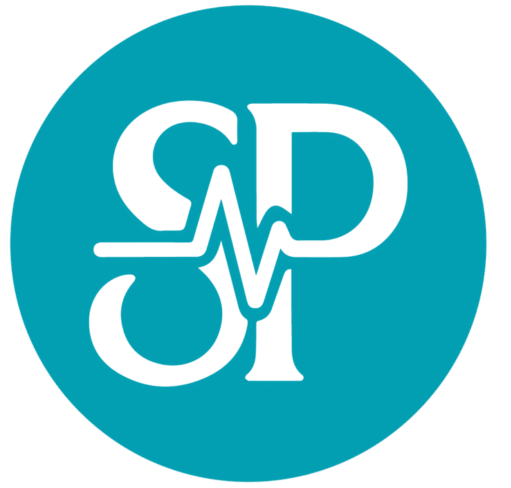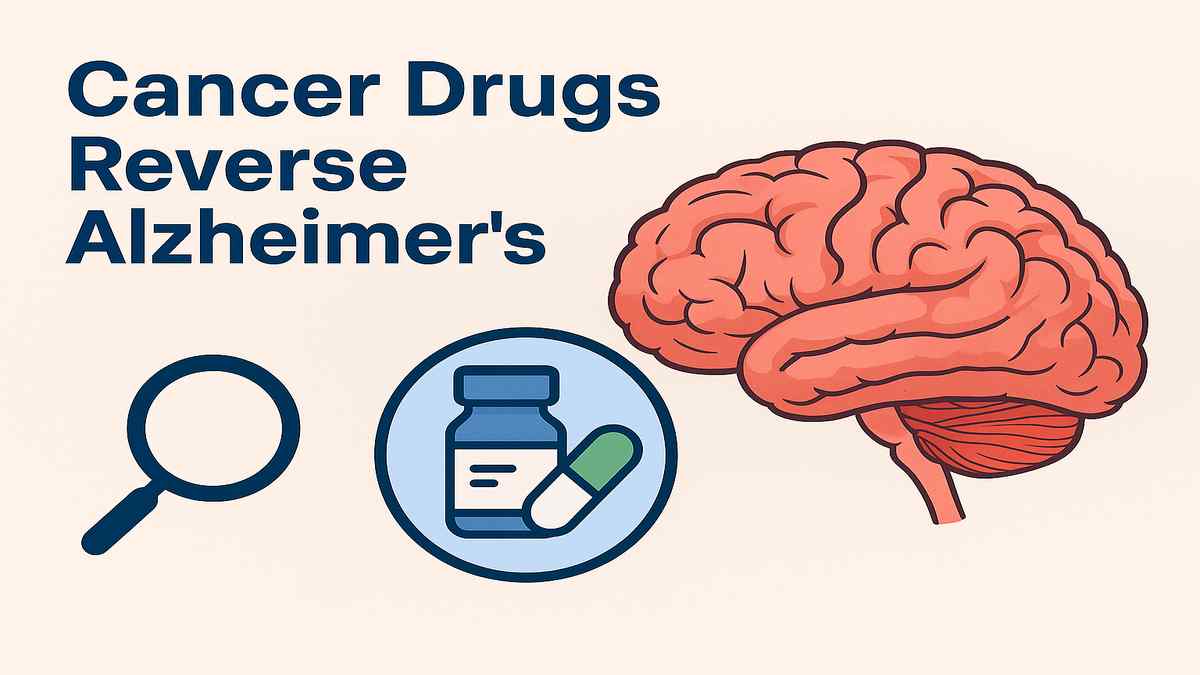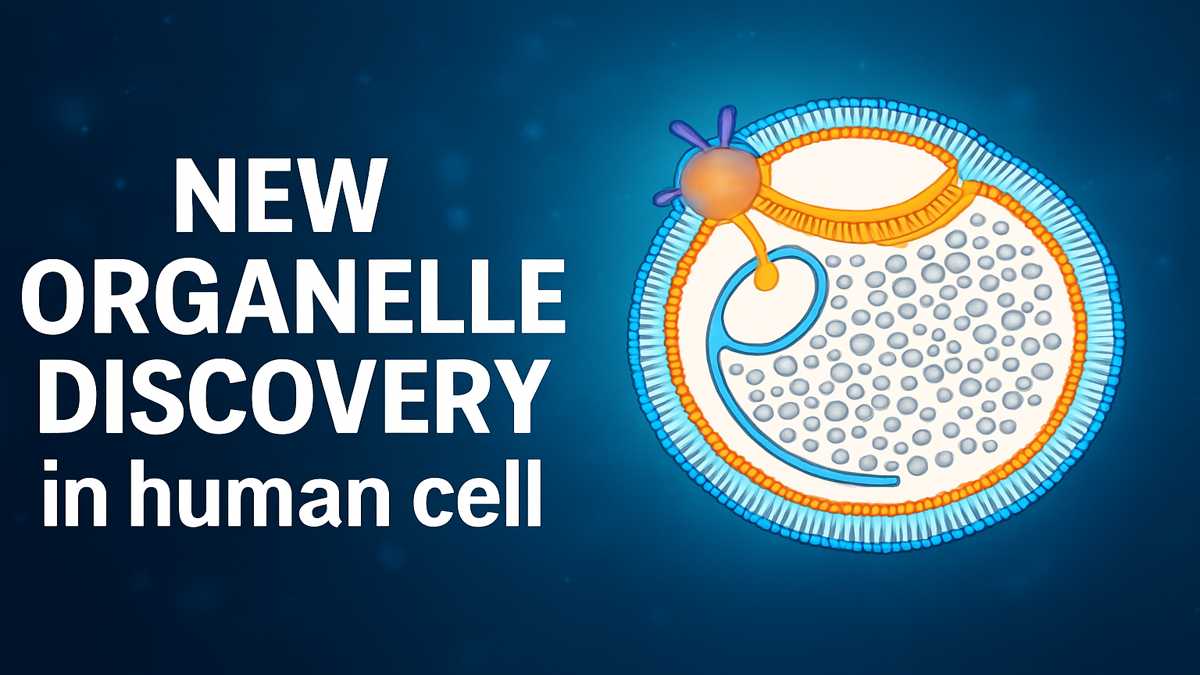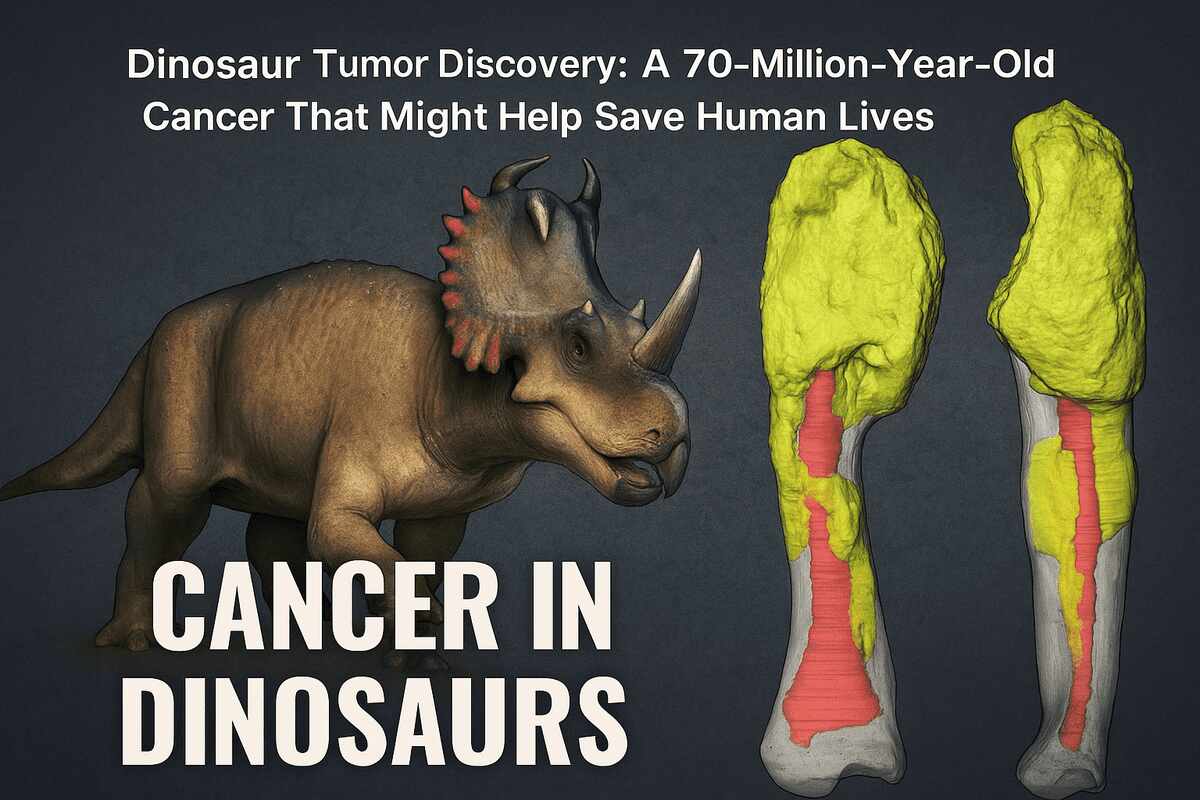The research published in UCSF Cancer Center in July 2025 give strong proof to the absurdity of the headline: Cancer Drugs Reverse Alzheimer’s – because it seemed impossible not a few years ago. Researchers from UC San Francisco and the Gladstone Institutes investigated two FDA approved cancer drugs – letrozole and irinotecan – to precisely ameliorate the molecular changes associated with Alzheimer’s disease in the brain, leading to restoration of memory and improvement in brain health, in mouse models.
🔍 The Two Cancer Drugs Behind the Breakthrough
The study identified two FDA-approved Cancer Drugs Reverse Alzheimer with surprising neurological benefits:
- Letrozole — Used to treat hormone receptor–positive breast cancer, this drug also reduces estrogen-linked pathways that contribute to amyloid plaque formation in the brain.
- Irinotecan — Primarily used for colon and ovarian cancers, this drug inhibits DNA topoisomerase I, preventing harmful tau tangle buildup and reducing brain inflammation.
🔬 How Cancer Drugs Reverse Alzheimer’s
These drugs share mechanisms with tyrosine kinase inhibitors (TKIs) like ibrutinib, which are already known to:
- 🧠 Cross the blood–brain barrier and directly target neurons.
- 🧹 Reduce amyloid-β plaques and tau hyperphosphorylation.
- 🔥 Lower neuroinflammation, protecting brain cells.
⚙️ Mechanistic Impact of Letrozole & Irinotecan
These two FDA-approved cancer drugs reprogram gene expression in neurons and glial cells, restoring a healthy brain signature. They:
- 🧽 Degrade toxic proteins like beta-amyloid and tau.
- 🛡️ Reduce chronic brain inflammation that accelerates cognitive decline.
- 🔄 Promote synaptic repair and improve signal transmission.
📊 Key Preclinical Trial Results
In controlled Alzheimer’s mouse models, researchers observed:
- 🧠 Memory scores improved by 60% within just 8 weeks — a result far beyond what’s seen in current treatments .
- 🧹 Brain scans revealed significant plaque clearance and tangle reduction, supporting the role of targeted drug repurposing .
- 🔬 Histological analysis showed increased synaptic density and neuron survival, restoring healthy brain connectivity .
These findings mark the biggest leap in dementia treatment in decades, shifting focus from symptom management to disease reversal.
🧩 Why This Discovery Matters
- Global Impact: WHO data report shows that Over 55 million people worldwide live with dementia, and Alzheimer’s accounts for 60–70% of these cases .
- Faster Results: Traditional Alzheimer’s drugs slow decline, but this new Cancer Drugs Reverse Alzheimer’s approach, comparable in impact to advancements in AI in healthcare breakthroughs, actually restores memory.
- Repurposing Advantage: Since these drugs are already approved for cancer, the path to Alzheimer’s treatment could be dramatically faster.
This breakthrough in Cancer Drugs Reverse Alzheimer’s could save billions in healthcare costs and improve millions of lives — making it as significant as past medical revolutions like CRISPR gene editing in genetics.
💡 What This Means for the Future
While these findings are currently in animal models, human clinical trials are expected to begin soon. If results hold true, repurposing FDA-approved cancer drugs could drastically cut the time and cost of bringing an effective Alzheimer’s treatment to patients.
Until then, ongoing research into targeted molecular therapies — similar to the recent mysterious new structure discovered in human cells — offers hope for millions worldwide living with dementia.
📝 Conclusion
The amazing research establishing that Cancer Drugs Reverse Alzheimer’s in 2025 goes beyond a scientific breakthrough; it is a light of hope for millions. The researchers have repurposed FDA-approved cancer drugs such as letrozole and irinotecan and restored memory by 60%, cleared toxic brain plaques, and possibly reversed the impact of Alzheimer’s.
This is faster, cheaper, and considerably less risky than traditional therapies, and equals past revolutions in medical science such as the new discovery of human organs. Human clinical trials will be here before we know it, and the hope for reversing dementia will soon be within reach.




